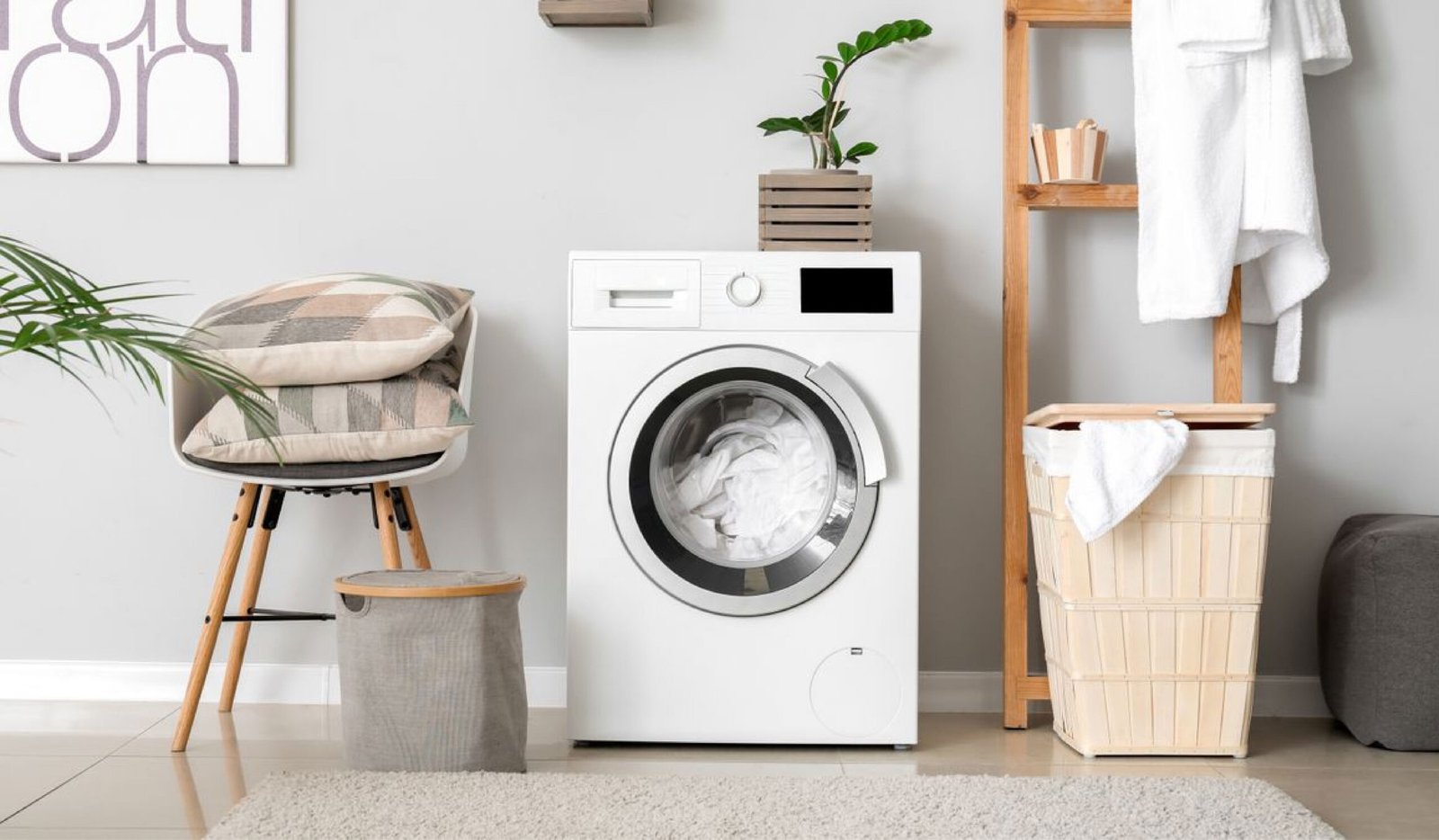Fashion
Top Laundry Mistakes That Waste Money and How to Avoid Them

Laundry is a necessary household task, but small mistakes can lead to unnecessary expenses over time. From energy inefficiency to damaged clothing, the costs can quickly add up. By understanding common laundry pitfalls and how to avoid them, you can save money while keeping your clothes in excellent condition.
Overloading the Washing Machine
One of the most common mistakes is cramming too many clothes into a single load. While it might seem like a time-saver, overloading your machine reduces its efficiency. Clothes don’t get properly cleaned, leading to repeated washes that consume more water, detergent, and energy.
Instead, follow your washing machine’s load capacity guidelines. Give your clothes enough room to move freely for a thorough wash and rinse.
Using Excessive Detergent
More detergent doesn’t always mean cleaner clothes. Overusing detergent can leave residue on fabrics, cause discoloration, and lead to buildup in your washing machine, resulting in costly repairs.
To avoid this, measure detergent carefully based on the load size and water hardness. Consider using high-efficiency (HE) detergents for HE machines, which require less product to achieve optimal results.
Ignoring Labels on Clothing
Not reading and following care labels on clothing is a surefire way to ruin garments. Delicate fabrics may shrink, fade, or tear when subjected to the wrong washing or drying methods.
Image Source
Take the time to check care instructions, which provide vital information on washing temperatures, cycle settings, and drying methods.
Washing Everything in Hot Water
Hot water isn’t always necessary and can be a costly mistake. It uses more energy and may cause certain fabrics to shrink, fade, or weaken over time.
Opt for cold water whenever possible, especially for dark colors and delicate fabrics. Modern detergents are formulated to work effectively in cold water, offering both energy savings and fabric protection.
Skipping Routine Maintenance on Your Washer and Dryer
Neglecting your appliances can lead to inefficiency and higher energy bills. Lint buildup in the dryer reduces airflow, prolonging drying times and increasing energy consumption. A poorly maintained washing machine may develop mold, leading to unpleasant odors that require extra washes to eliminate.
Clean the lint trap after every dryer use and periodically check for lint in the vent hose. For the washing machine, run an empty cycle with vinegar or a washing machine cleaner to remove buildup.
Leaving Zippers and Buttons Undone
Metal components like zippers and buttons can snag and damage other items in the wash. They can also scratch the drum of your washing machine, leading to costly repairs.
Ensure all zippers are zipped up, and buttons are fastened before tossing clothes into the machine. For extra protection, consider using a mesh laundry bag for items with delicate embellishments.
Overusing the Dryer
Excessive use of the dryer not only consumes more energy but also wears out your clothes faster. High heat can shrink fabrics, fade colors, and weaken fibers over time.
Whenever possible, air-dry your clothes to save energy and extend their lifespan. Use a drying rack or clothesline for items like jeans, sweaters, and delicates.
Forgetting to Sort Laundry
Mixing colors and fabrics in the same load is a recipe for disaster. Bleeding dyes can ruin lighter clothes, while heavy fabrics can damage delicate ones.
Always sort your laundry by color, fabric type, and washing instructions. Wash darks, lights, and whites separately, and group similar fabrics to prevent unnecessary wear and tear.
Not Treating Stains Immediately
Allowing stains to set makes them harder to remove, often requiring multiple washes or expensive stain-removal products.
Act quickly when you spot a stain. Blot (don’t rub) the area to prevent spreading, and treat it with a stain remover before washing. For persistent stains, you can also go for professional dry cleaning services to avoid damaging the fabric.
Using Fabric Softener on the Wrong Materials
Fabric softeners can leave a waxy residue that builds up over time, reducing the absorbency of towels and clogging athletic wear’s moisture-wicking properties.
Image Source
Instead of fabric softener, use alternatives like white vinegar for towels or skip it altogether for activewear. Vinegar is a natural softening agent that won’t compromise fabric performance.
Ignoring the Cost of Inefficient Practices
From outdated appliances to excessive laundry loads, inefficient practices lead to higher utility bills and unnecessary wear on clothing.
Consider upgrading to energy-efficient washing machines and dryers, which use less water and energy. Wash full loads rather than half loads, and adjust water levels for smaller loads to maximize efficiency.
Are Your Laundry Habits Costing You?
By avoiding these common mistakes, you can cut costs, save energy, and keep your clothes looking their best. Take a moment to reflect on your laundry routine—are there areas where you can improve? Small changes can lead to big savings while preserving the quality of your wardrobe.
For More Information Visit Coopermagazine
-

 Celebrity1 year ago
Celebrity1 year agoWho Is Jennifer Rauchet?: All You Need To Know About Pete Hegseth’s Wife
-

 Celebrity1 year ago
Celebrity1 year agoWho Is Mindy Jennings?: All You Need To Know About Ken Jennings Wife
-

 Celebrity1 year ago
Celebrity1 year agoWho Is Enrica Cenzatti?: The Untold Story of Andrea Bocelli’s Ex-Wife
-

 Celebrity1 year ago
Celebrity1 year agoWho Is Klarissa Munz: The Untold Story of Freddie Highmore’s Wife
















